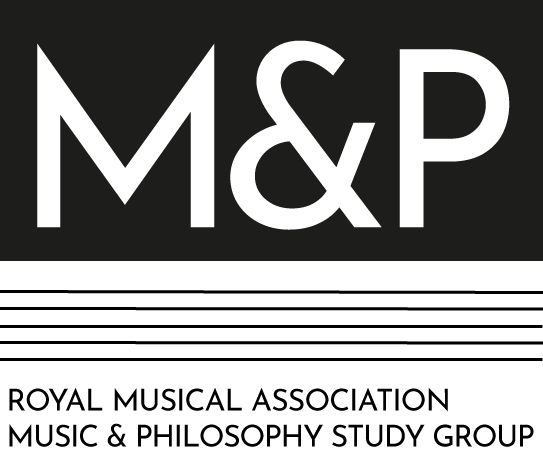Since the beginning of the Birmingham Centre for Contemporary Cultural Studies’ examining of youth cultures in the 1970s, there has been significant debate regarding approaches in how best one can unpack notions of formation, analysis and definition. This has led to the development of what is often termed as ‘post-subcultural studies,’ which has drawn upon a new lexicon of terms, such as ‘scene’ and ‘neo-tribe,’ as a means of unpicking the complexities of ‘subcultures.’ With these debates flourishing, academic approaches to subculture, and punk in particular, entered the 21st century in a postmodern mood. Here, new, exciting theories of punk have been thriving, including those who have argued that the wholesale jettisoning of the word ‘subculture’ was premature.
This edited volume seeks to add to the current oeuvre, locating subcultural, post-subcultural and punk studies within a framework of various philosophical traditions. With the maturing of cultural studies, including the innovative use of interdisciplinary explorations of youth movements per se, much research has pulled upon a variety of new and exciting ideas to explore the formation, make-up, and development of such movements. One could argue however that, especially with reference to punk, there has been a lack of study with regards to the philosophical tradition.
Therefore, this volume seeks to re-address this omission: and the editors are seeking chapters that use a philosophical approach to gain a new understanding of punk, with punk and philosophy being of equal importance to the contributions. Here, chapters will be underpinned by traditions that include (but are by no means limited to) aesthetics, metaphysics, ethics, and ontology.
Chapters may include, but are no means limited to:
- Greek philosophies (pre-Socratic thought, Plato, Aristotle, and Hellenistic philosophy)
- Medieval philosophy (St Augustine, Neoplatonism, and Thomas Aquinas)
- Renaissance philosophy (Francis Bacon, Thomas Hobbes, and René Descartes)
- Non-Western Philosophical Traditions
- Decolonialist Thought
- Diasporic Philosophical Thought
- The Enlightenment (John Locke, George Berkeley, David Hume, and Immanuel Kant)
- The Idealism of Hegel, Schelling, Schopenhauer, Kierkegaard and Nietzsche
- Positivism (Stuart Mill, Auguste Comte and Marx)
- Continental philosophy (Husserl, Heidegger, Deleuze)
- Existentialism (Satre and Jaspers)
- Structuralism and Post-structuralism (Saussure, Foucault, Lacan, Baudrillard, etc)
- Deconstructionism (Derrida)
- Western Marxism (Adorno, Habermas, Marcuse, Laclau, and Horkheimer)
- Philosophy of language (Wittgenstein and Strawson).
The editors are keen to emphasize the importance of innovative approaches to punk. As such, the text will give voice to those authors who are pushing the boundaries of ‘subcultural’ and ‘punk’ studies and/or their respective disciplines. The final product will be an interdisciplinary philosophical text that elevates contemporary, cutting-edge thinking around music subcultural theory with a particular focus on philosophical applications to punk.
Each chapter will develop a philosophical approach to subculture while applying the author’s chosen concepts to punk. The final product will speak from the margins, encouraging the field of subcultural studies to once again re-evaluate its theories and incorporate new philosophies while using punk as a ‘case study’ that shows the pragmatic value of these innovative ideas.
Please submit a 500 word abstract and a short bio by Tuesday 15th March 2022. If your proposal is suitable you will be informed of this by Monday 4th April 2022 and you will be asked to submit a chapter no later than Thursday 1st September 2022.
Please send your submission TO ALL of the following:
Edward Avery-Natale- averye@mccc.edu
Mike Dines- m.dines@mdx.ac.uk
Matt Grimes- matt.grimes@bcu.ac.uk
We very much look forward to receiving your proposals.
Edward Avery-Natale- Mercer County Community College, NJ
Mike Dines- Middlesex University London
Matt Grimes- Birmingham City University




